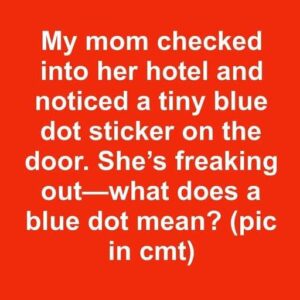The Supreme Court declined to hear an appeal from John Nassif, a Florida man convicted for his involvement in the January 6, 2021, attack on the Capitol.
Nassif challenged the constitutionality of a law that bans “parading, picketing, and demonstrating” inside the Capitol, arguing it violates the First Amendment’s protections of free speech and assembly. The charge is one of the most frequently applied to defendants from the January 6 attack.
President-elect Donald Trump is considering pardons for many involved in the Capitol riot.
The defendant, 57, was sentenced to seven months in prison after being convicted of multiple misdemeanors, including disorderly conduct and violent entry. Prosecutors had initially recommended a sentence of 10 to 16 months, the Washington Examiner reported.
Nassif’s public defenders argued that he entered the Capitol nearly an hour after it was breached and remained for less than 10 minutes, engaging in what they described as “core First Amendment expression” that was “in no way disruptive.”
Lower courts, including the U.S. Court of Appeals for the D.C. Circuit, rejected Nassif’s arguments. A three-judge panel ruled that the Capitol buildings are not a public forum open for protests, allowing the government to impose reasonable and viewpoint-neutral restrictions to maintain order and security.
“Nassif has not established that the Capitol buildings are, by policy or practice, generally open for use by members of the public to voice whatever concerns they may have — much less to use for protests, pickets, or demonstrations,” the panel stated.



